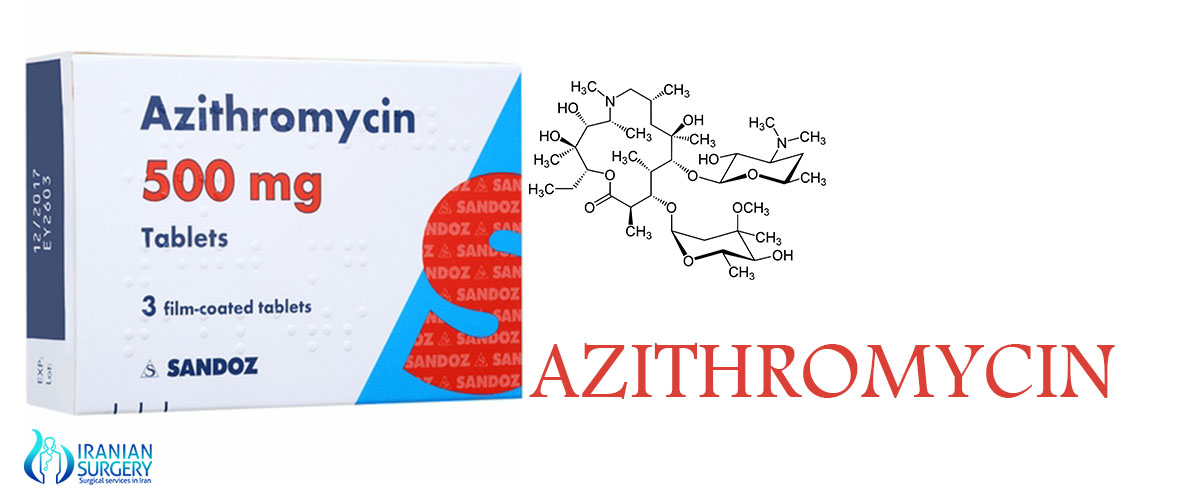Azithromycin Tablet Macrolide Antibiotics

Uses
Azithromycin is used to treat a wide variety of bacterial infections. It is a macrolide-type antibiotic. It works by stopping the growth of bacteria.
This medication will not work for viral infections (such as common cold, flu). Unnecessary use or misuse of any antibiotic can lead to its decreased effectiveness.
How to use Azithromycin Tablet Macrolide Antibiotics
Read the Patient Information Leaflet if available from your pharmacist before you start taking azithromycin and each time you get a refill. If you have any questions, ask your doctor or pharmacist.
Take this medication by mouth as directed by your doctor, usually once daily with or without food. You may take this medication with food if stomach upset occurs. The dosage is based on your medical condition and response to treatment.
For the best effect, take this antibiotic at evenly spaced times. To help you remember, take this medication at the same time(s) every day.
Continue to take this medication until the full prescribed amount is finished, even if symptoms disappear after a few days. Stopping the medication too early may allow bacteria to continue to grow, which may result in a return of the infection.
Antacids containing aluminum or magnesium may decrease the absorption of azithromycin if taken at the same time. If you take an antacid that contains aluminum or magnesium, wait at least 2 hours before or after taking azithromycin.
Tell your doctor if your condition persists or worsens.
Side Effects
Stomach upset, diarrhea/loose stools, nausea, vomiting, or abdominal pain may occur. If any of these effects persist or worsen, tell your doctor or pharmacist promptly.
Remember that your doctor has prescribed this medication because he or she has judged that the benefit to you is greater than the risk of side effects. Many people using this medication do not have serious side effects.
Tell your doctor right away if any of these unlikely but serious side effects occur: hearing changes (such as decreased hearing, deafness), eye problems (such as drooping eyelids, blurred vision), difficulty speaking/swallowing, muscle weakness, signs of liver problems (such as unusual tiredness, persistent nausea/vomiting, severe stomach/abdominal pain, yellowing eyes/skin, dark urine).
Get medical help right away if any of these rare but seriousfast/irregular heartbeat, severe dizziness, fainting.
This medication may rarely cause a severe intestinal condition (Clostridium difficile-associated diarrhea) due to a resistant bacteria. This condition may occur during treatment or weeks to months after treatment has stopped. Do not use anti-diarrhea or opioid medications if you have any of the following symptoms because these products may make them worse. Tell your doctor right away if you develop: persistent diarrhea, abdominal or stomach pain/cramping, blood/mucus in your stool.
Use of this medication for prolonged or repeated periods may result in oral thrush or a new yeast infection. Contact your doctor if you notice white patches in your mouth, a change in vaginal discharge, or other new symptoms.
A very serious allergic reaction to this drug is rare. However, get medical help right away if you notice any symptoms of a serious allergic reaction, including: fever that doesn’t go away, new or worsening lymph node swelling, rash, itching/swelling (especially of the face/tongue/throat), severe dizziness, trouble breathing.

